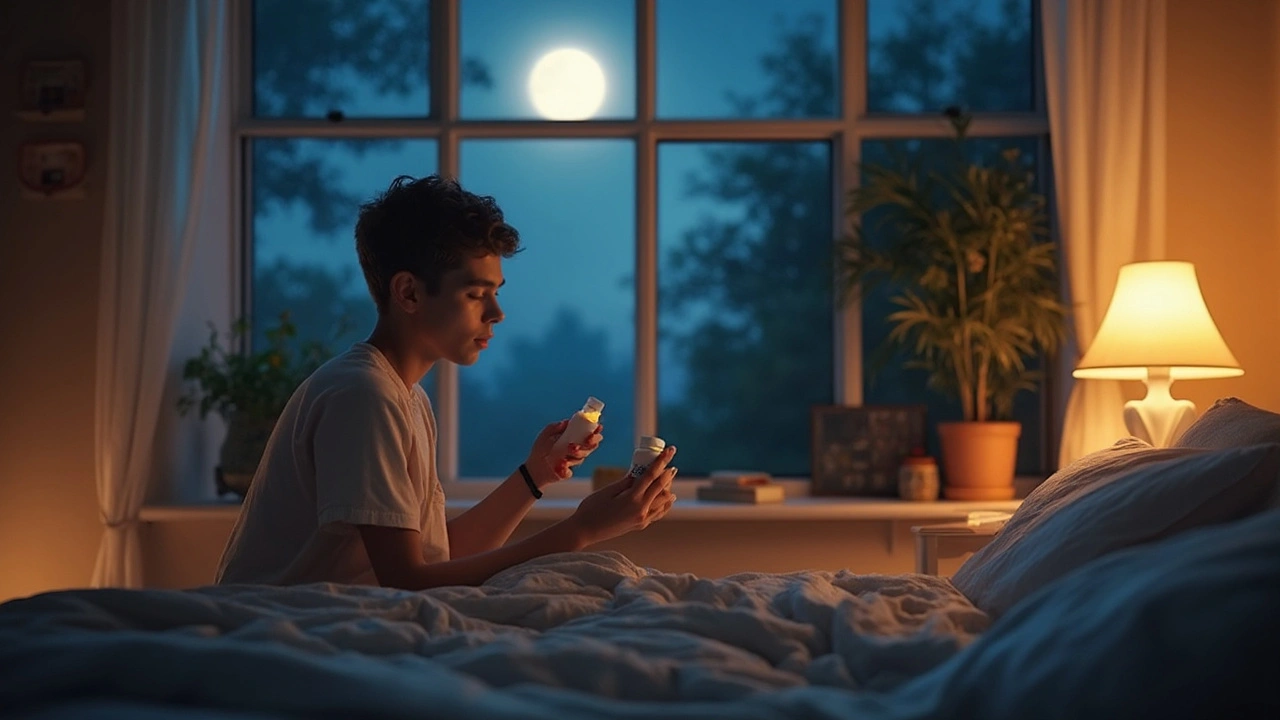Ever wonder why you feel wiped out after eight hours but fresh after six? The answer lies in your personal sleep duration – the total amount of sleep your body actually needs. It isn’t a one‑size‑fits‑all number; it changes with age, lifestyle, and even genetics. Below we break down the basics, show you the sweet‑spot for each life stage, and give you easy steps to hit that target night after night.
Most health groups agree on a range rather than a strict hour count. Here’s a quick cheat‑sheet:
If you regularly fall outside these brackets, you might notice sluggishness, mood swings, or trouble focusing. That’s your body’s alarm bell saying you’re not getting enough restorative sleep.
Sleep isn’t just “shut‑off time” for your brain; it’s when crucial processes happen. During deep sleep, your body repairs muscles, balances hormones, and strengthens memory. Skipping those hours can raise cortisol (the stress hormone), mess with insulin, and even weaken your immune system. In the long run, chronic short sleep links to weight gain, high blood pressure, and a higher risk of heart disease.
On the flip side, sleeping too much can also be a red flag. Long sleep (>9 hours for adults) sometimes signals underlying issues like depression or a thyroid problem. If you find yourself drifting past the recommended window often, it’s worth checking in with a doctor.
Now that you know the why, let’s talk about the how.
1. Set a consistent bedtime. Your body loves routine. Aim to go to bed and wake up at the same time every day, even on weekends. This stabilizes your internal clock and makes falling asleep easier.
2. Create a wind‑down window. Turn off bright screens at least 30 minutes before bed. Read a paperback, stretch lightly, or practice deep breathing. Dimming the lights signals to your brain that it’s time to chill.
3. Watch caffeine and alcohol. A coffee after 2 p.m. can linger in your system and push your sleep later. Alcohol might help you nod off, but it fragments REM sleep, leaving you groggy.
4. Optimize your sleep environment. Keep the room cool (about 65°F/18°C), dark, and quiet. Blackout curtains, earplugs, or a white‑noise fan can make a big difference.
5. Track your sleep. Use a simple app or a notebook to log when you go to bed, wake up, and how you feel. Patterns emerge fast, and you’ll spot habits that shave minutes off your needed rest.
Try swapping one habit at a time; you’ll notice improvements without feeling overwhelmed.
Remember, sleep duration is a personal metric. Test the recommended ranges, adjust for how you feel, and stick with the routine that leaves you energized for the day ahead.
Got questions about a specific sleep issue? Browse our related articles below for deeper dives into sleep hygiene, nap strategies, and the science behind why you feel drowsy.

Curious if baclofen, known for treating muscle spasms, can actually help you catch better sleep? This article breaks down the science, sharing what real studies say about baclofen’s impact on how fast you fall asleep, how long you snooze, and if your sleep actually feels restorative. You'll get straightforward facts on how baclofen compares to popular sleep aids and practical tips if you're considering it. No medical jargon—just clear info, actionable advice, and a few surprising stats about sleep medicine. Ready to learn if this muscle relaxant could be a secret weapon for those tough nights?